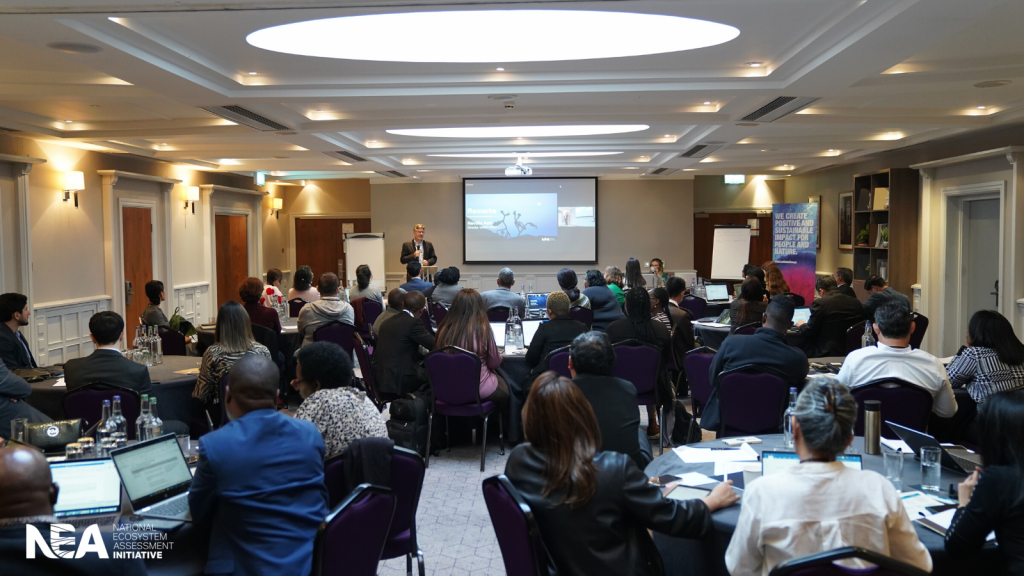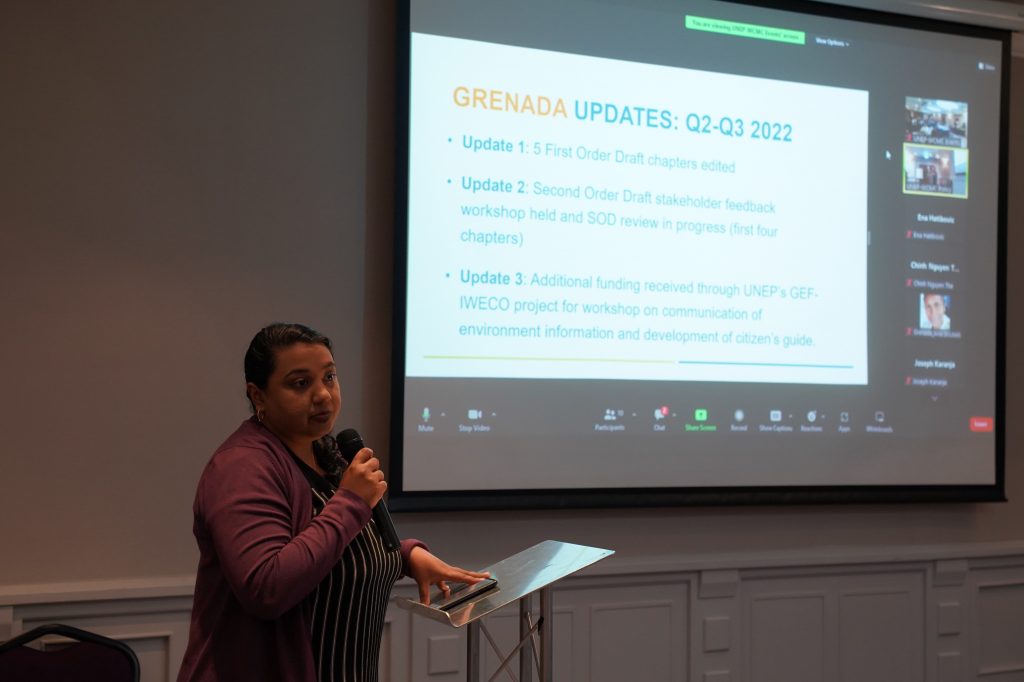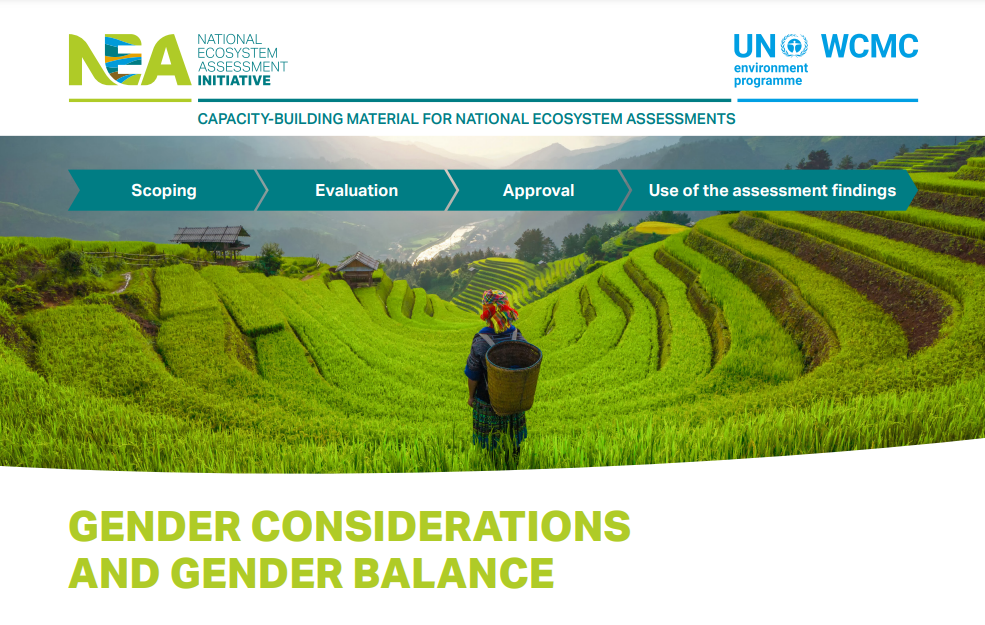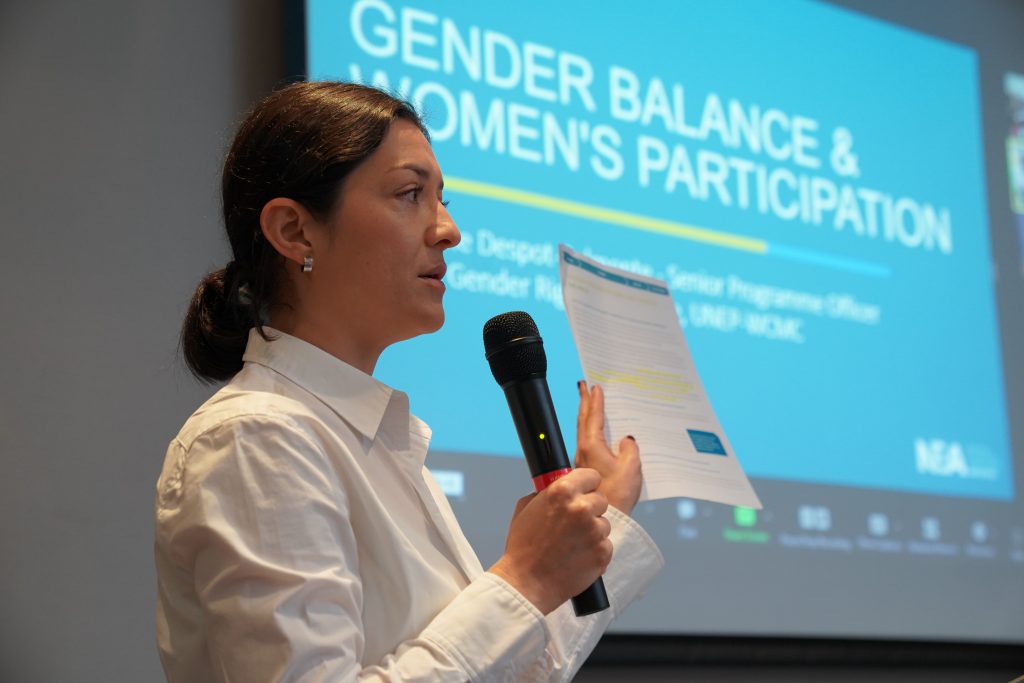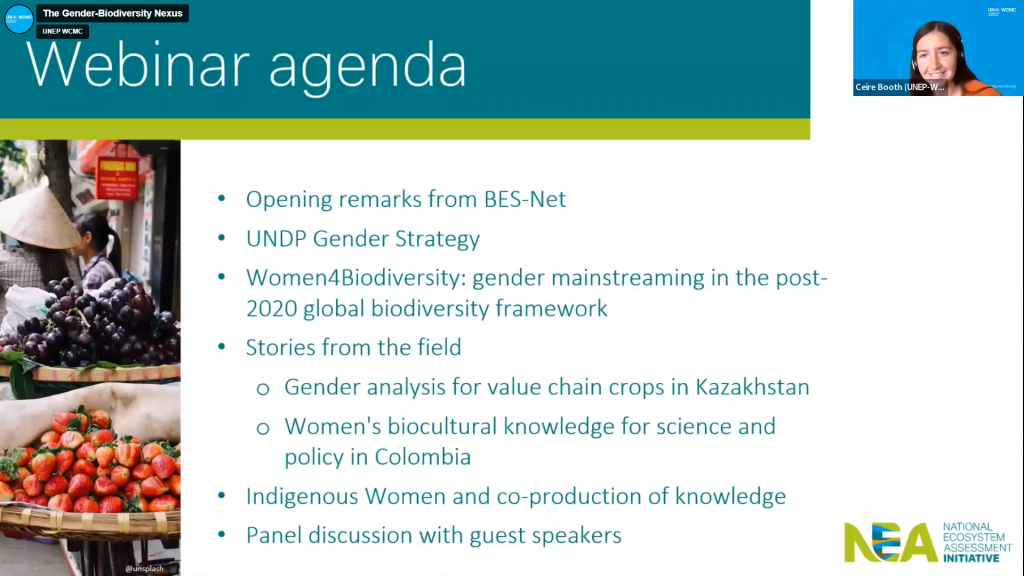Highlights of 2022: reflecting on the National Ecosystem Assessment Initiative’s and our country partners’ key achievements
- News
2022 was a year filled with challenges, opportunities and achievements for the NEA Initiative and its partners. Together, we have continued to strengthen national capacities at the science-policy-practice interface to empower the full consideration of the value of nature in decision-making. As 2023 begins, we pause to reflect on what we accomplished together with our partners in 2022 and look forward to what we can achieve for the year ahead.
We strengthened knowledge on national ecosystem assessments
Providing guidance and support to our country partners through each stage of the assessment process has remained one of the NEA Initiative’s primary objectives in 2022. We produced a wide range of resources, available on the NEA Initiative website, including training materials, case studies, and reports, on topics ranging from developing a communication strategy to selecting authors and capturing lessons learned from NEAs. A special mention should be given to our consortium partner the Biodiversity and Ecosystem Services Network (BES-Net) who transformed the guidance document ‘Trialogue in national ecosystem assessments’ into an agile digital interactive format. As a reminder, the Trialogue approach is a signature multistakeholder engagement solution developed and implemented by BES-Net to create a space for knowledge holders and stakeholders with a diverse set of expertise and experience and who do not commonly communicate or collaborate, to join forces in addressing biodiversity and ecosystem services issues.
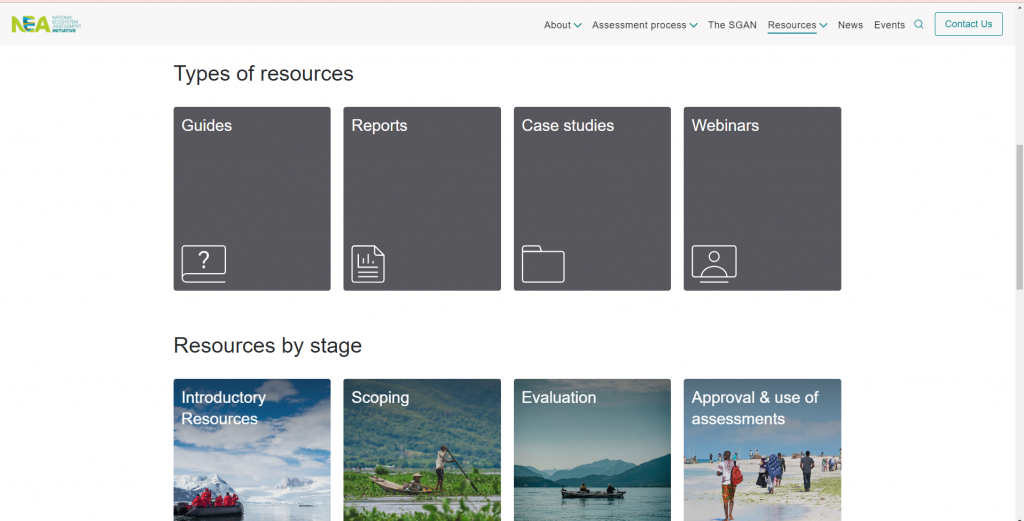
We facilitated knowledge exchange and networking between assessment practitioners worldwide
Through the Sub-Global Assessment Network (SGAN), we have reinforced the NEA Initiative’s capacity-building reach and opportunities to share experiences and lessons learned around sub-global ecosystem assessments. In 2022, the SGAN’s community of practice has continued to expand and count to this date 370 members, among whom practitioners, researchers, and policymakers from all around the world. The 10 SGAN open webinars held in 2022 have also allowed to bring together more than 424 individuals to learn and exchange on national ecosystem assessments, and celebrate the validation of the assessment reports of Vietnam, Colombia, Cameroon and Ethiopia. Knowledge exchange and networking were also facilitated during the NEA Initiative Global Workshop 2022.
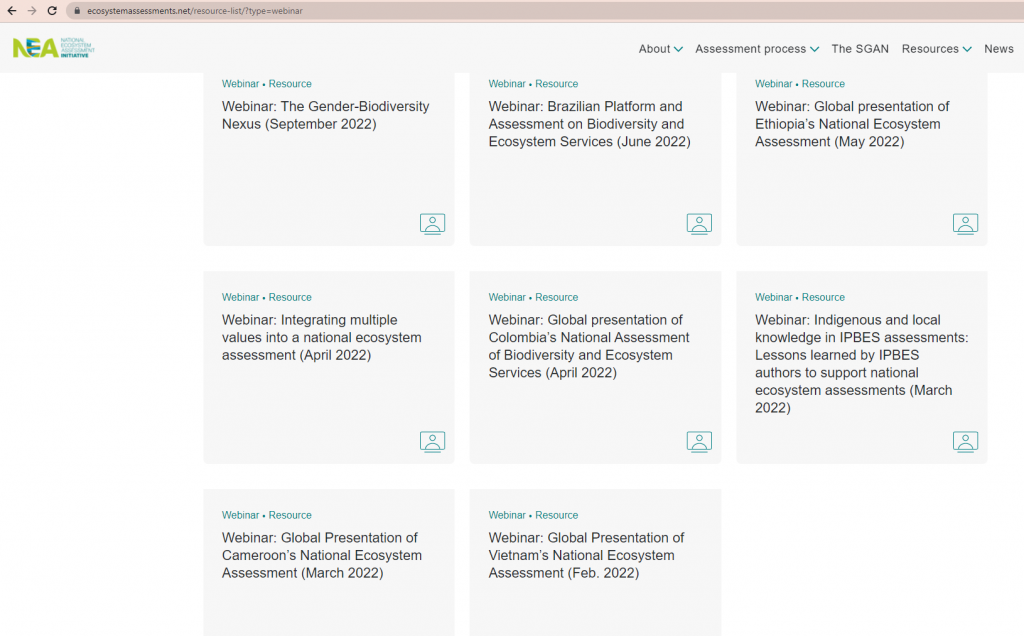
We welcomed our consortium and country partners at the NEA Initiative Global Workshop 2022
From the 24th to the 28th of October, we held the NEA Initiative Global Workshop 2022 in Cambridge, United Kingdom. The event was hosted by UNEP-WCMC and delivered in partnership with UNDP and UNESCO under the umbrella of BES-Net, after three years of mainly online meetings. We welcomed over 50 participants, including country teams, international experts and practitioners from Africa, Asia, Europe and Latin America and the Caribbean. These five days were a great opportunity to exchange experiences in implementing and innovating national ecosystem assessments, as well as to identify and facilitate key capacity development support based on countries’ priority needs.
Right: Presentation on Grenada’ scoping report development by a representative of CANARI
Botswana has started its full national ecosystem assessment
After expressing a strong interest to undertake a national ecosystem assessment, Botswana subsequently developed a scoping report in 2021, funded by the Japan Biodiversity Fund, determining the need of the assessment and defining key policy questions to address. In April 2022, the International Climate Initiative (IKI) offered to financially support Botswana’s full national ecosystem assessment project through the NEA Initiative. Significant progress has been achieved by the southern African country since then: Botswana has identified the Botswana University of Agriculture and Natural Resources (BUAN) as its project manager, and reviewed and updated the preliminary scoping exercise completed in 2021 to include missing elements such as climate change and indigenous and local knowledge. In 2023, the team is planning to host several workshops, including a stakeholder activity, and a validation and inception workshop of their assessment.
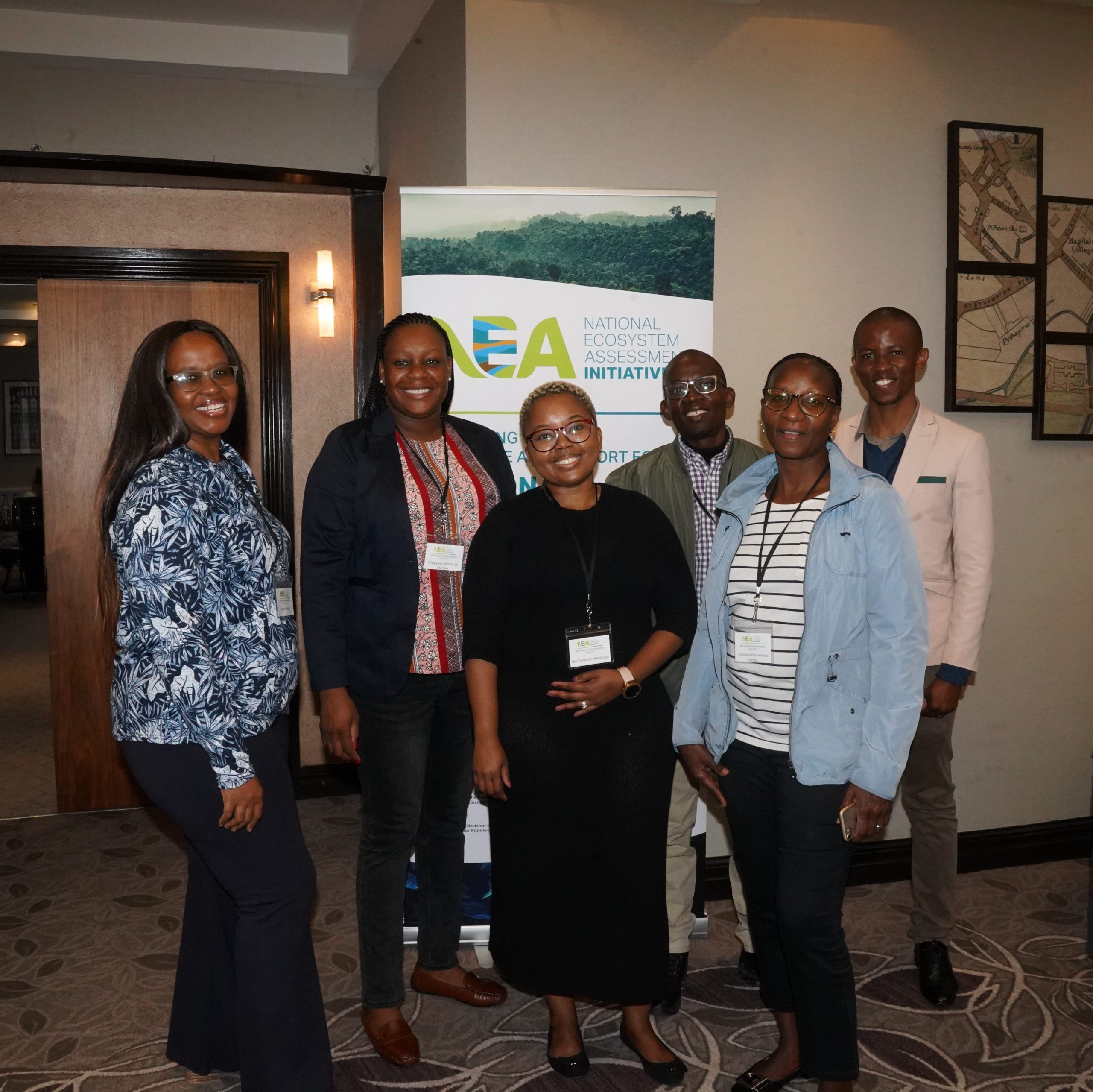
We raised awareness of the critical importance of applying a gender lens in biodiversity conservation
In 2022, the NEA Initiative upheld efforts to mainstreaming gender considerations in the project in line with the BES-Net Gender Strategy. In June, the NEA Initiative hosted a webinar launch of a new guidance document – “Gender balance and women’s participation in national ecosystem assessments” – designed to highlight entry points for integrating gender considerations in national ecosystem assessments. In September, the SGAN hosted a webinar in collaboration with BES-Net on the Gender-Biodiversity Nexus. This event spotlighted the critical role of women’s unique ecological knowledge, and in particular the knowledge of indigenous women, for strengthening knowledge on biodiversity, ecosystem services, and its benefits for people. During the NEA Initiative Global Workshop 2022 in October, we also held a dedicated knowledge exchange session on gender mainstreaming, in partnership with UNESCO, during which the NEA Initiative’s eight country partners discussed their opportunities, challenges, and lessons learned on mainstreaming gender in their assessments. Malawi, for example, highlighted the localised and tailored field activities organised in August 2022 to ensure the participation of elders and women in the assessment process, as they had been unable to attend the regional framing workshops organised in 2021 due to inflexible mobility and multiple household responsibilities.
We strengthened the integration of ILK actors in national ecosystem assessments
Thanks to UNESCO’s Local and Indigenous Knowledge Systems (LINKS) Section, we supported the national ecosystem assessment teams in mobilising and synthesising indigenous and local knowledge (ILK) to enrich their assessment process and provide the best available knowledge. Through technical guidance and support in the organisation of various activities, we helped country partners to engage ILK. As an example, Cambodia has engaged in 2022 more than 300 indigenous and local community representatives through subnational and national dialogues – including the NEA National Dialogue on Indigenous and Local Knowledge workshop held in Siem Reap in November – to build awareness and weave ILK into their assessment. Other examples include the Dominican Republic ILK National Framing Workshop, conducted in August and which provided a dialogue space between local knowledge holders and the assessment authors to identify ILK themes, challenges, and policy questions to be addressed by the country’s NEA; Bosnia and Herzegovina, as well as Azerbaijan, undertook a study on traditional knowledge, the most in-depth study ever started in these countries in relation to management and use of biodiversity. Finally, Thailand held three Indigenous People and Local Communities engagement workshops to introduce the NEA project to local communities and encourage active local participation in the assessment process. The workshops helped gather critical information on indigenous and local knowledge on sustainable management of natural resources and identify the needs of the communities in restoring their indigenous and local knowledge.
2022 was also a significant date for UNESCO LINKS as it marked the Section’s 20th anniversary. UNESCO celebrated this with the launch of the International Decade of Indigenous Languages (2022-2032) in December. This event also represented an opportunity to hear from indigenous leaders and explore the connection between the decade and the BES-Net and NEA Initiative work. Malawi, the Dominican Republic, Thailand, and Bosnia and Herzegovina also participated in the celebration, sharing their NEA ILK work in the scoping stage.
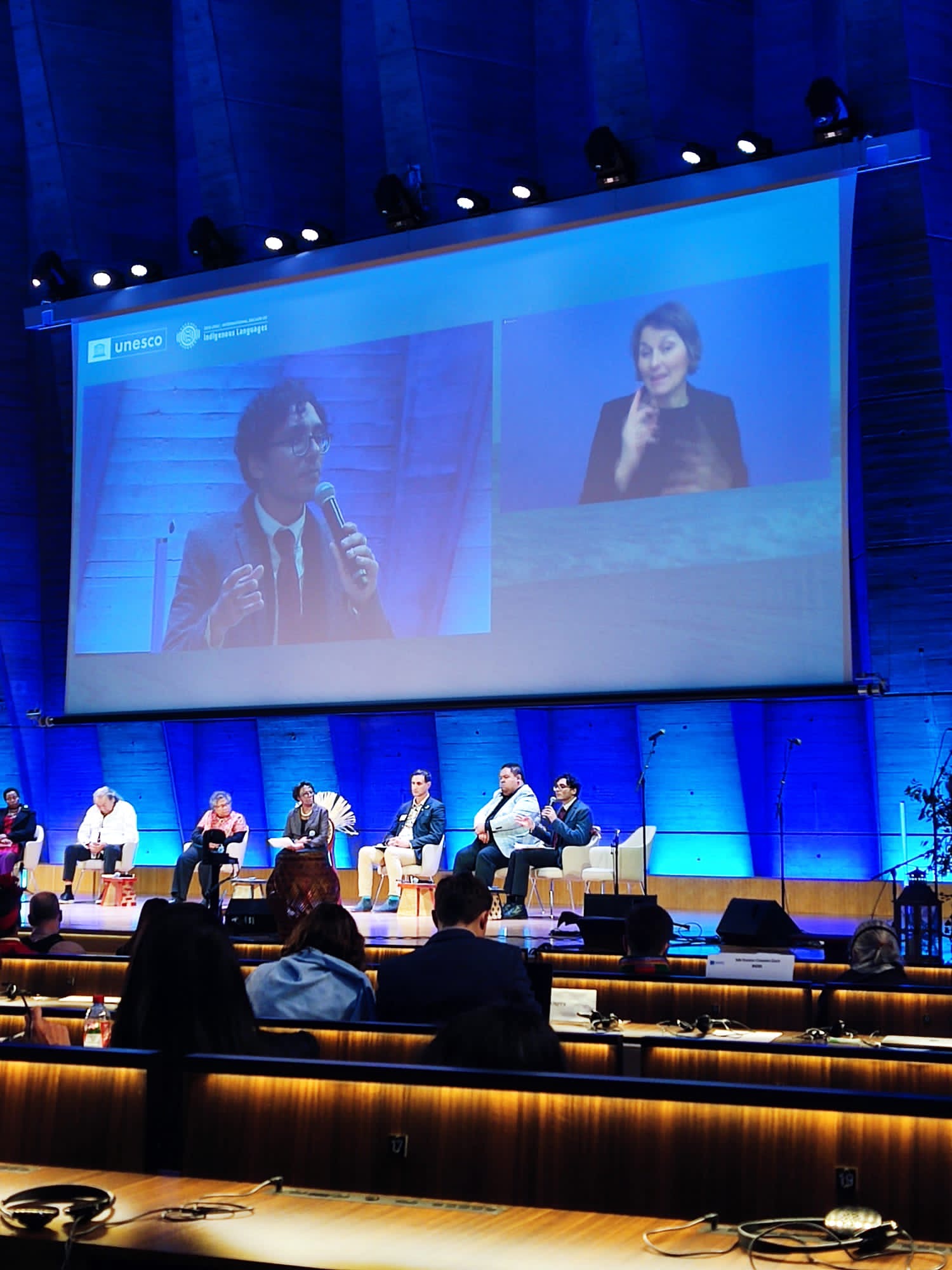
2022 was a thrilling year for the NEA Initiative and its country partners. Tranche II and III country teams made significant progress, respectively in the development of their scoping reports and the finalisation of their evaluation stage. Our country partners have gained extensive knowledge and capacities in a variety of areas, including stakeholder engagement, the inclusion of indigenous and local knowledge in the assessment process, scenarios development, and the implementation of national biodiversity platforms, among others. They also identified and exchanged relevant lessons learned, further strengthening the community of practice around biodiversity and ecosystem services, and raising public awareness on the importance of national ecosystem assessments for the implementation of the Convention on Biological Diversity.
Juanita Chaves, Head of the NEA Initiative
Way forward
There is a great deal of excitement and ambition anticipated for the year 2023. The adoption of the final text of the Kunming-Montreal Global Biodiversity Framework, agreed at the 15th meeting of the Conference of Parties to the UN Convention on Biological Diversity last December, has strengthened the relevance of national ecosystem assessments in supporting its implementation at the national level. Indeed, it has been encouraged that the information generated by these assessments should be used to develop and update national biodiversity strategies and action plans, and to generate new information to allow compliance with the Kunming-Montreal Global Biodiversity Framework’s objectives, targets, and indicators.
Together with our consortium partners UNDP and UNESCO, under BES-Net, and with the generous support of our donors, we will continue our efforts to strengthen national capacities and to support countries to develop action plans that allow them to disseminate and implement their assessments findings as well as to translate their recommendations into public policies.
The National Ecosystem Assessment Initiative (NEA Initiative) at UNEP-WCMC is part of the Biodiversity & Ecosystem Services Network (BES-Net), working in partnership with UNDP and UNESCO. Financial support for the NEA Initiative is being provided by the International Climate Initiative (IKI) of the Federal Ministry for the Environment, Nature Conservation, Nuclear Safety, and Consumer Protection of the Federal Republic of Germany, the Norwegian Environmental Agency, the Japan Biodiversity Fund, and SwedBio.
